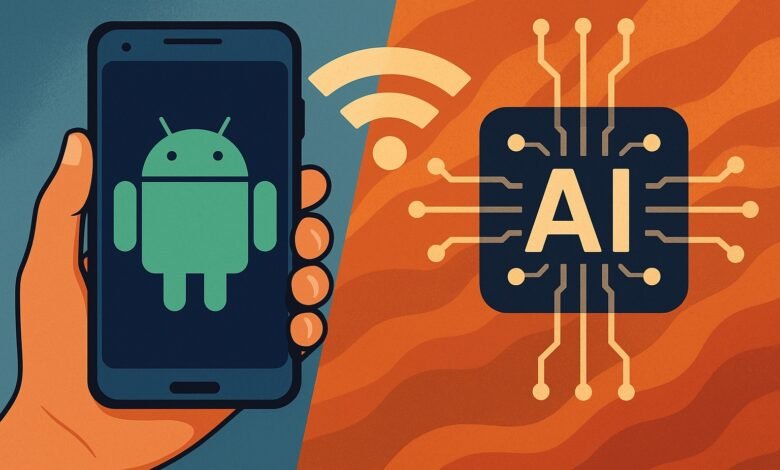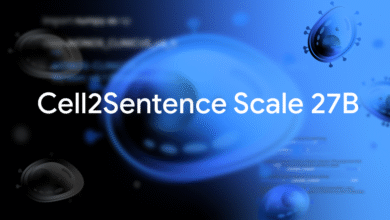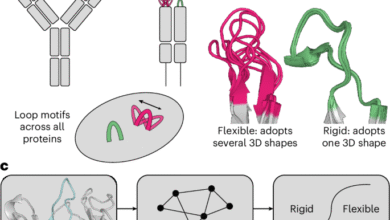Google Launches Offline AI for Android

Google launches offline artificial intelligence for Android
Google introduces Gemini Nano, its latest on-device AI model that brings offline AI processing to Android phones. This means that smart functions no longer depend on an Internet connection. Designed specifically for Android devices, this development represents a major leap forward in AI performance by executing tasks directly on the phone instead of using cloud servers. Instant translation, voice summaries, and image creation are now faster, more personal, and more consistent. Initially, this feature is available on devices such as the Pixel 8 Pro and select Samsung models. The move improves usage in low-connectivity areas and strengthens Google’s position over Apple and Samsung in the mobile AI space.
Key takeaways
- Gemini Nano brings offline AI features to Android, processing tasks without sending user data to cloud servers.
- Pixel 8 Pro and select Galaxy phones are the first supported devices.
- On-device AI boosts speed, enhances privacy, and ensures functionality in areas where internet access is poor or not available at all.
- The effort marks Google’s big foray into artificial intelligence, putting it in competition with Apple’s Neural Engine and Samsung’s Galaxy AI platform.
Read also: Apple’s innovative intelligence framework revealed
What is Gemini Nano and how does it work?
Gemini Nano is Google’s lightweight AI model designed to work directly on mobile devices. It works using AICore, a system service that connects the Android operating system to the phone’s AI hardware. Instead of relying on external servers to handle user input, the Gemini Nano processes the data internally. This results in faster task performance, enhanced privacy, and the ability to work without any form of connectivity.
The model is designed for efficiency while maintaining battery life. It reduces power usage by avoiding constant communication with external servers. As a result, users receive real-time feedback when using features such as summarizing voice notes, translating speech, or creating images, even when the device is offline.
Real-life use cases for offline AI
Gemini Nano improves everyday phone tasks by bringing AI capabilities offline. Here are examples of how users can benefit:
- Live translation while traveling: Understand foreign signs, menus and conversations without using mobile data or Wi-Fi.
- Secure message summaries: Summarize long texts or emails without uploading the content to the server.
- Local image sorting: You can recognize and classify photos on the device based on context or scenes, while keeping user data private.
- Offline voice note summaries: Have the phone create meeting summaries or memos even when Airplane mode is active.
These improvements make AI more accessible for people dealing with data limitations or unreliable internet service.
Supported devices and system requirements
Gemini Nano currently supports two types of devices: Google Pixel 8 Pro and certain Samsung Galaxy devices. These devices include chips like Tensor G3, which allow AI models to run efficiently without external assistance from GPUs or cloud servers. Google said it plans to expand support to more partners throughout 2024. This expansion will provide broader access to offline AI across the Android platform.
Google also offers AICore APIs for developers. This allows app builders to embed Gemini Nano features into their apps using local processing, opening the door to user-first apps across communications, media and productivity.
Why on-device AI is faster and more personalized
AI tasks completed on the phone improve speed and privacy. User data remains on the device, avoiding delays and risks of cloud processing. A Google representative reported that “on-device processing reduces latency by up to 40 percent compared to cloud inference in routine summarization and translation tasks.”
Cloud AI systems raise privacy flags because they often send user activity to data centers for analysis. In contrast, the Gemini Nano allows sensitive content, including personal messages or photos, to be processed privately within the phone itself. This is especially useful for anyone who values data protection or works in secure environments.
Google vs. Apple vs. Samsung: Comparing Artificial Intelligence
Google’s introduction of the Gemini Nano gives new competition to Apple’s Neural Engine and Samsung’s Galaxy AI suite. Check out the comparison below to see how the platforms differ:
| feature | Google Gemini Nano | Apple Neural Engine | Samsung Galaxy AE |
|---|---|---|---|
| Offline translation | Yes | Yes | Yes |
| Summarize the text | Yes | limited | no |
| Generate images | Limited (with Gemini Pro) | no | no |
| Developer access | Available via AICore | restricted | Coming 2024 |
Apple has been a leader in AI hardware, but Google’s Gemini’s flexible setup allows for more rapid updates. Pixel users already enjoy stronger voice responsiveness and language support. This flexibility allows Google to offer one of the most advanced AI features available today offline.
Read also: Google’s Gemini AI reveals innovative memory feature
Expert Perspective: The Rise of Artificial Intelligence
The move toward offline AI represents a deeper investment in edge computing. “AICore allows AI experiences to be deeply integrated into the operating system, without compromising battery life or user trust,” David Burke, Android’s vice president of engineering, said in a recent presentation.
Technology experts say that supporting native AI processing is key to Android’s future. Governments and privacy groups are demanding better control over user data. Google’s decision to focus on offline AI development reflects broader trends in user protection and sustainable performance. Gemini Nano addresses these needs by making mobile devices smarter and more secure.
Read also: Run AI natively on Windows 11
User accessibility and future implications
Offline AI expands access to areas where internet service is limited or expensive. Travelers, people in rural communities, and users concerned about data limits will benefit most from this local performance. With the Gemini Nano, Google is promoting AI that doesn’t rely on constant connectivity. This reflects strategic hardware and software innovation designed to prioritize user accessibility and privacy.
Throughout the lifecycle of Android 14 and future updates, expect deeper Gemini Nano features around voice commands, prediction tools, and image processing. When app makers start using AICore, users will get smart and flexible tools in low signal conditions.
Visual guide: cloud AI vs. on-device AI
On-device AI: Processes user data locally to deliver faster and more secure results.
Cloud AI: It sends data to remote servers for processing, which can delay tasks and raise privacy concerns.
Read also: Google launches Gemini 2 and its artificial intelligence assistant
Bottom line: a closer, smarter Android experience
The Gemini Nano offers more than just new processing power. It reflects Google’s shift toward responsible and accessible AI design. By performing tasks locally, Android smartphones become reliable tools for daily assistance. With increasingly powerful privacy, speed and reliability, Gemini Nano lays the foundation for Android’s next chapter in mobile intelligence.
References
Don’t miss more hot News like this! Click here to discover the latest in AI news!
2025-06-02 13:39:00




